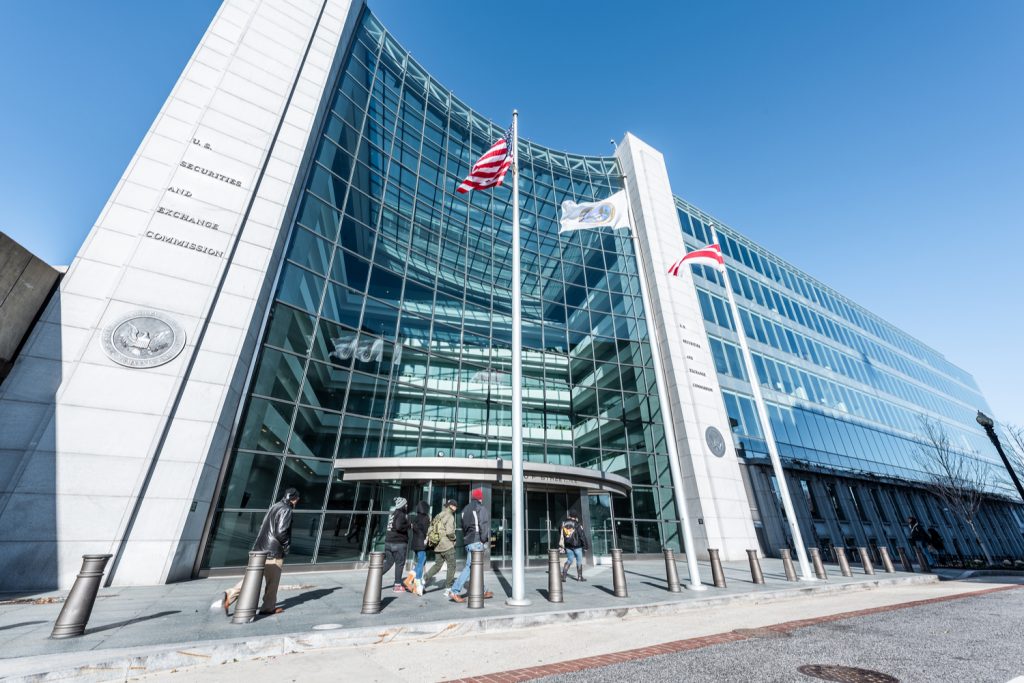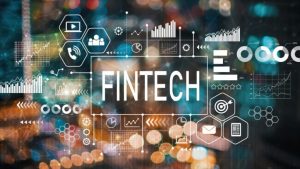Author: Tim Fries at The Tokenist
The SEC’s 2020 Examination Priorities Explained
Every year the OCIE publishes examination priorities to remain transparent in its review process. The office aims to present potential risks to investors and show the areas it will examine throughout the coming year.
By no surprise, the office’s examination priorities for 2020 include digital assets. The marketplace for digital assets, says the report, has grown rapidly and “presents various risks”. The office said a primary risk includes retail investors who do not understand the difference between digital assets and traditional investment products.
As a result of such risks, the OCIE says it will continue to examine SEC-registered market participants who are active in the digital asset space. The following criteria will be under evaluation:
- Investment suitability
- Portfolio management and trading practices
- Safety of client funds and assets
- Pricing valuation
- Effectiveness of compliance programs and controls
- Supervision of employee outside business activities
Transfer Agents as an SEC 2020 Examination Priority
Another aspect of examination priority includes transfer agents. Such entities play a crucial role in the settlement of securities transactions — they maintain records for the issuers of securities, record ownership changes, cancel and issue certificates, distribute dividends, and facilitate communication between issuers and securityholders.
The security token industry made notable progress throughout 2019. A number of security token companies received transfer agent registration confirmations from the SEC. The list of companies includes Securitize, Harbor, TokenSoft, Vertalo, and Block Agent.
With regard to transfer agents, the office says it will examine the timely turnaround of items and transfers, recordkeeping and record retention, and the safeguard of funds and securities. Examination “candidates” will include those developing blockchain technology or who provide services related to digital assets, among others.
2020 was not the first year digital assets were featured as an examination priority. Cryptocurrencies were first mentioned in 2018 when the office discussed the need to examine whether or not service providers properly disclosed risks associated with their products. They also made it a priority to review the safeguarding of client assets.
In 2019, the OCIE said it would monitor portfolio management, internal controls, the safety of client funds, trading practices, pricing, and compliance. These same goals were echoed in 2020, with the addition of supervising employees outside of business activity.




